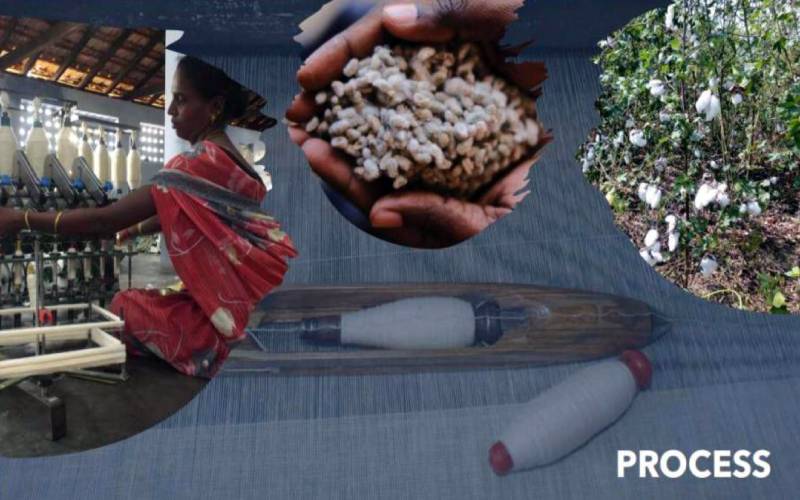
V. Swaminathan is greatly interested in preserving the agro diversity of India. He belongs to a native medicine and astrology background. The Tamil-speaking Swaminathan is the first son of Vaidyalingam and Chitra. This resident of Vadaloor has Ankalaparameshwari as his kula dheivam. Swaminathan has done his M. Sc. in Biotechnology and he has strengthened his foundation by doing a program in molecular diagnostics.
The 35-year-old natural farming enthusiast had enrolled himself into a Ph. D. programme. This doctorate was meant to be in Cancer Biology, but Swaminathan discontinued the programme to promote sustainability from the soil, seed, and the chain thereafter. On being queried about his change of track, Swaminathan gave a fitting reply.
“I began to analyse hundreds of case histories connected with cancer. My study took me to Kerala, Andhra Pradesh, and Chennai. I was able to observe that cancer has been on the rise over the past 3 decades. This had happened because of the uncontrolled usage of agro-chemicals. P. O. P. (Package of Practices) connected with pesticides and chemicals were not being followed properly. The government is not in the position to control it, for it is the farmers who decide. The chemicals which enter the soil end up poisoning both, the produced and the groundwater as well. This vicious circle was increasing the incidents of cancer. My study left a deep impact on me, and this was to influence me later.”
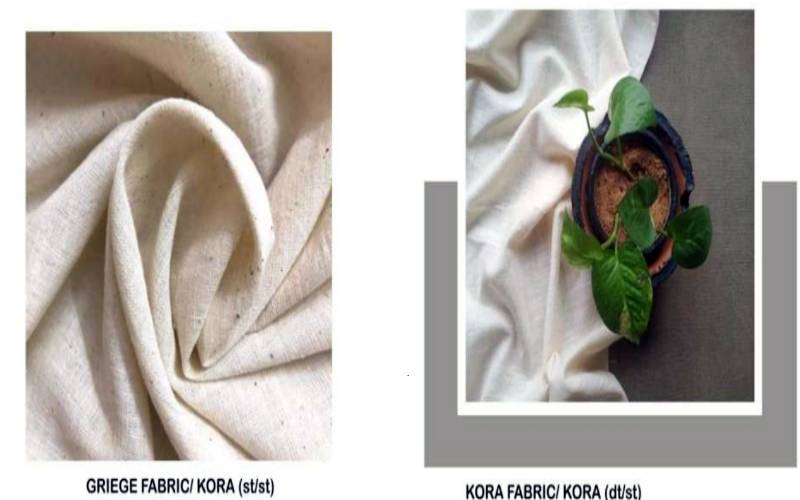
Swaminathan joined GlaxoSmithKline Pharma and it was during this period that he began to read, ‘Aaraam Thinai’ by Ku. Sivaraman. This began to influence his thought process and ideology connected with nature. Swaminathan went through some information wherein the Europeans had stated that Indian farmers were among the best in the world, and this had surprised him. He came to know of some studies connected with the well-being of a child. This study had stated that every child was comfortable during the time when the mother carries it. Therefore, the women of the yonder era used to make fabric swings made out of their sarees to make the child feel at home.
Now, the fast-changing world has brought in lot of disruptions. Cultural erosion has damaged the Indian Knowledge System. Therefore, this has been resulting in a loss of biodiversity and many of the best-practices connected with agriculture and manufacturing. This made Swaminathan leave his job and get into the world of natural farming. He began to see, study, and document traditional wisdom connected with Bharatheeya agriculture. It was really refreshing for a person who restricted to laboratory-based research. Field learning and research made Swaminathan realise that nature was the greatest.
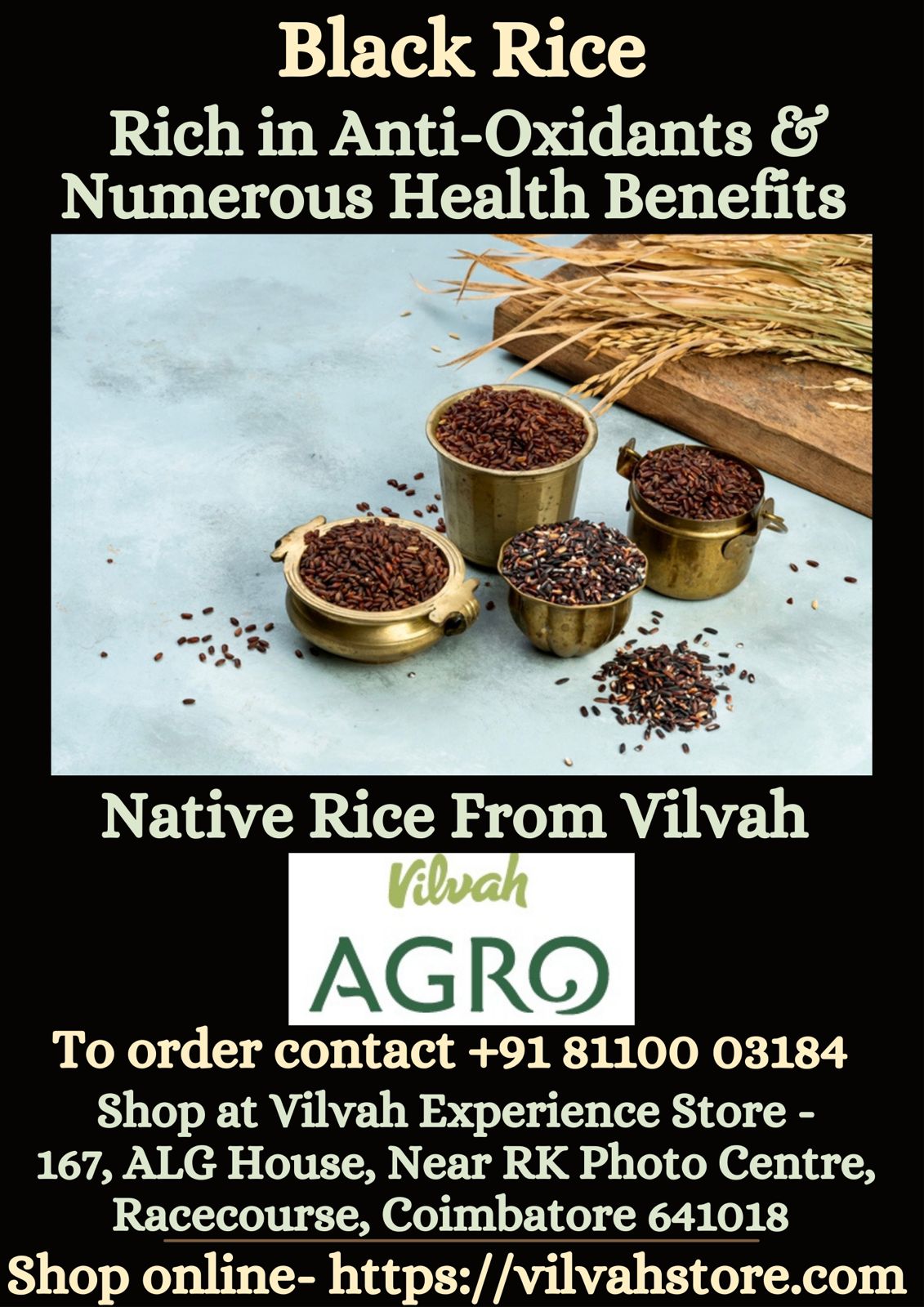
“My journey took me to a place near Banavasi in Karnataka. I was fortunate to document details pertaining to a variety of paddy which was flood resistant. At Kumta in Karnataka, I documented the farming methods connected with a variety of saline-tolerant paddy. This could be harvested by moving about on a boat in the backwaters. On another occasion, it was possible to help a farmer collect some seeds of the paddy variety known as Aanaikombban. This happens to be a native of the Travancore area and would be bent like the tusk of an elephant. I saw a farmer cultivating it and he had done so for his own usage. This discovery has enabled a few more to cultivate it. Later on, I moved to millets. My travels within Karnataka were very educative. Every village on the foothills of the western ghats would be found cultivating about five types of lady's fingers and three types of brinjal. I discovered that the vegetable diversity in Karnataka was much more than in Tamil Nadu. All these travels made me unlearn a few things while also making me relearn a lot,” added Swaminathan.
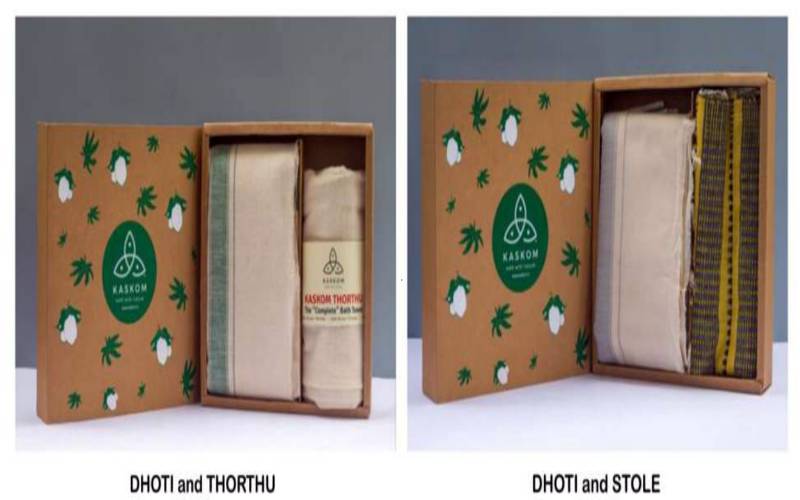
Swaminathan understood that India was the centre for the evolution of cotton. Decades ago, Indians cultivated 97% of old-world cotton but now it is just 2%. Mechanisation and standardisation ended up destroying cotton diversity. There was a time when India gave calico & muslins to the whole world, and more than 100 Indian ports had been exporting textiles. Sadly, now everything has vanished. Industrialisation had unskilled people and the skill diversity was left unpreserved. Swaminathan then spoke about the Ponduru Cotton Sarees near Vizag in Andhra Pradesh.
“A tiny community of women will spin the charkha. Carding and combing are skilled based. They will sell the finished yarn to the society. A mechanical weighing scale would be used to measure the weight and the women would be compensated. This homemaker can do her housework and also make a hank of the yarn. Pocket money is being earnt this way. The Ponduru Khadi Society would give this yarn to the weavers, and they would produce sarees. The entire process is completed within a radius of 30 kms. This is how India had progressed with its textile communes.”
“Such activities encouraged me to start, Kaskom. It is through this organization that I work with farmers, spinners, and weavers. Kaskom is working with farmers to conserve desi cotton. Our team of Umber Charkha Spinners are hard-working. They work from their homes. This yarn is used to weave sarees, dhothis, towels, and fabric. The output does not use chemical dyes. At times, we just leave it without dyeing,” stated the entrepreneur who has a concern for nature.
The honeycomb-towel and the dhothis from Kaskom look very elegant. The unbleached off-white fabric made by Swaminathan’s team is attractive. Swaminathan has developed excellent scientific understanding and has created a cotton-map of India. He is enthusiastic while reeling away names of native cotton and the region that each verity is connected with. He spoke about them at a breakneck speed.

“Vaghad is from Gujarat, Errapathi and Kondapathi are from Andhra Pradesh, Jaydar is from Karnataka, Karunganni is from Tamil Nadu. There are 50 species of cotton world-wide and man has domesticated just four varieties. Amongst them are two old-world and two new world varieties. Now, I am offering my services as a consultant. I am ready to help people establish systems on-farm and off-farm.”
“Hand-spinning and hand-weaving help us to reduce our carbon footprint. Additionally, we do not use fossil fuels. The livelihood of handloom weavers and natural farmers are addressed through these activities. I wish to continue to travel and propagate the processes connected with natural farming and natural textiles,” said the goal-oriented Founder of Kaskom. Incidentally, Kaskom means cotton in Santali.
Such initiatives and activities are the need of the hour and mentors like V. Swaminathan (Founder, Kaskom) are very much needed for the country to prosper again in cotton productivity and manufacture.
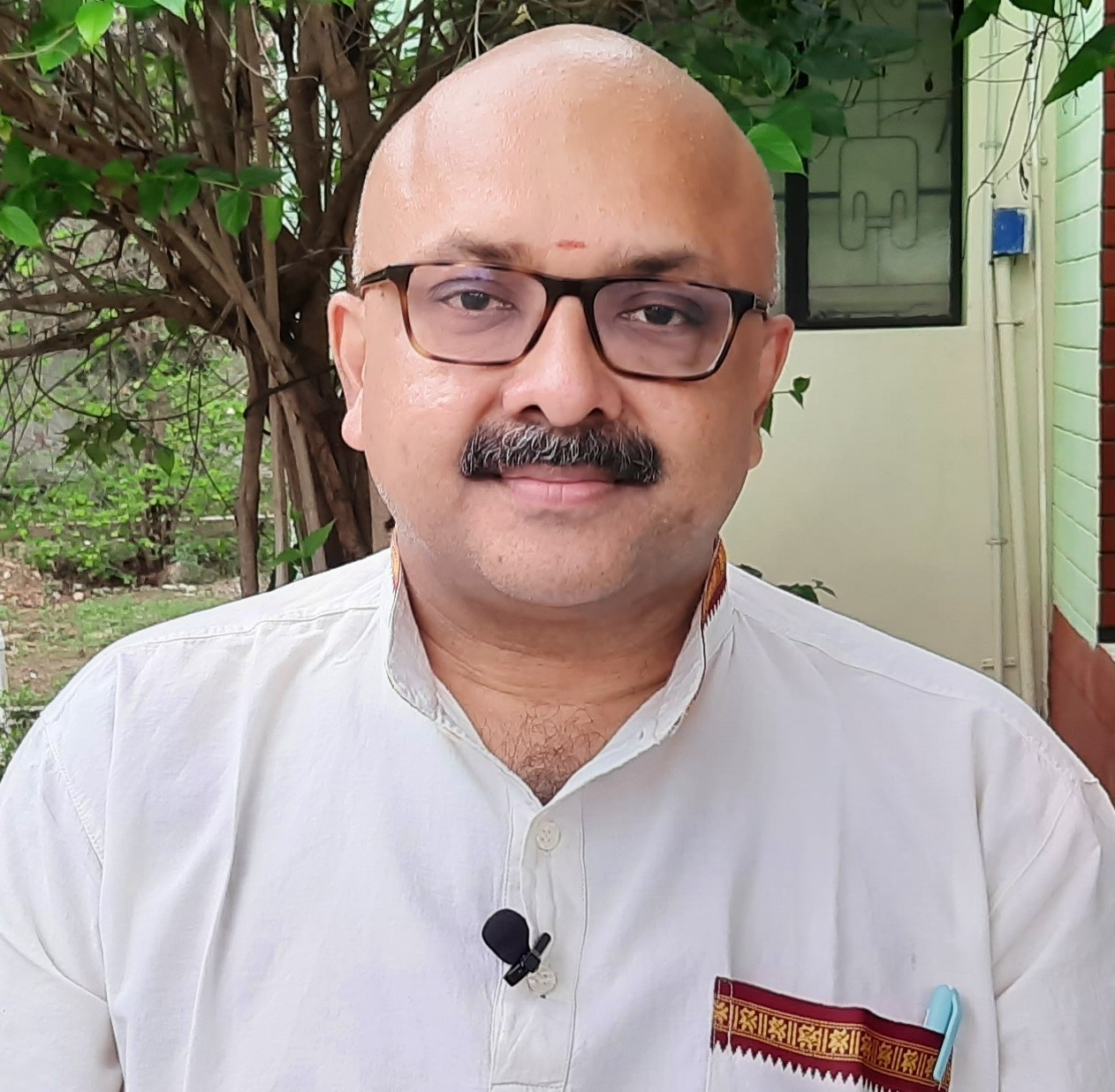 Mr. Rajesh Govindarajulu is one of the founding members of the Verandah Club Pvt. Ltd. He is a leading columnist, historian, jeweler, entrepreneur, and a heritage enthusiast who is earnestly working to revive the past in the light of the present. Experiential learning about the history of Coimbatore is his main course of interest and he is also a panel member of many colleges in the city.
Mr. Rajesh Govindarajulu is one of the founding members of the Verandah Club Pvt. Ltd. He is a leading columnist, historian, jeweler, entrepreneur, and a heritage enthusiast who is earnestly working to revive the past in the light of the present. Experiential learning about the history of Coimbatore is his main course of interest and he is also a panel member of many colleges in the city.
NEXT ARTICLE

Over the past couple of years, I have had the opportunity to attend several family weddings, both in India and the United States. The experience has b...

Let's take a moment to revisit the meaning of the term “Vivāha”. At its core, it represents the idea of sharing a burden and carrying the weight of li...

After reviewing the different kinds of weddings, we see why ancient texts felt the need to clearly distinguish between forms that upheld social order...